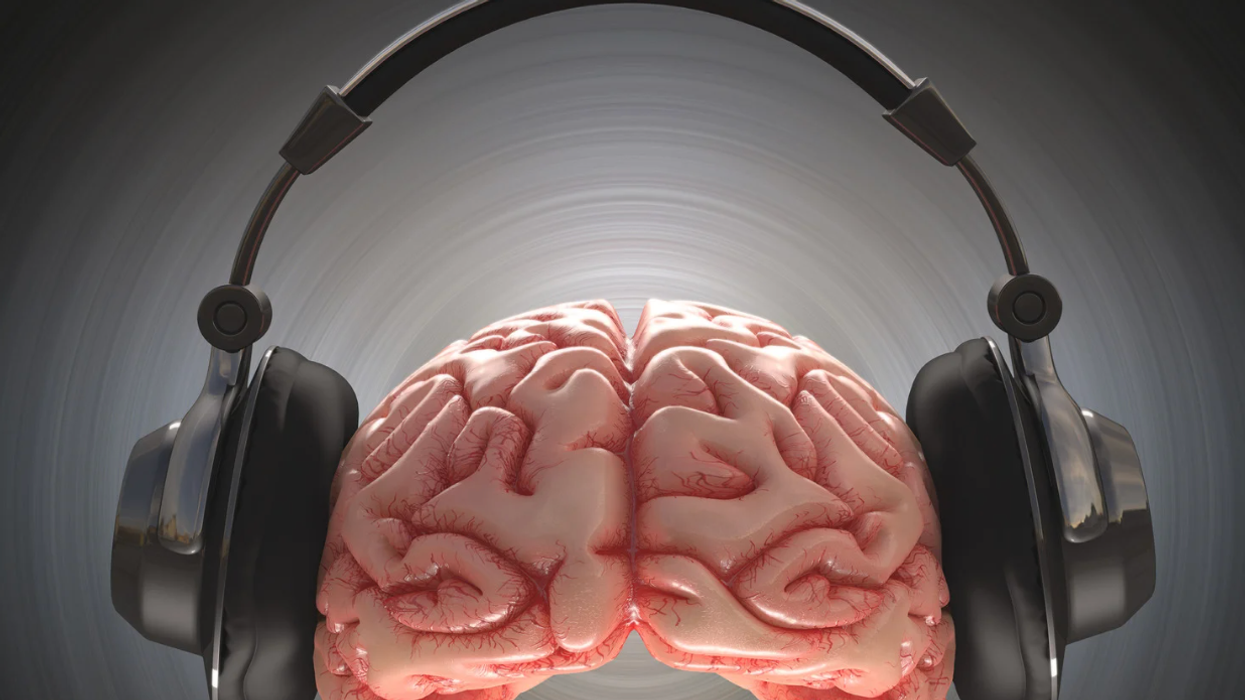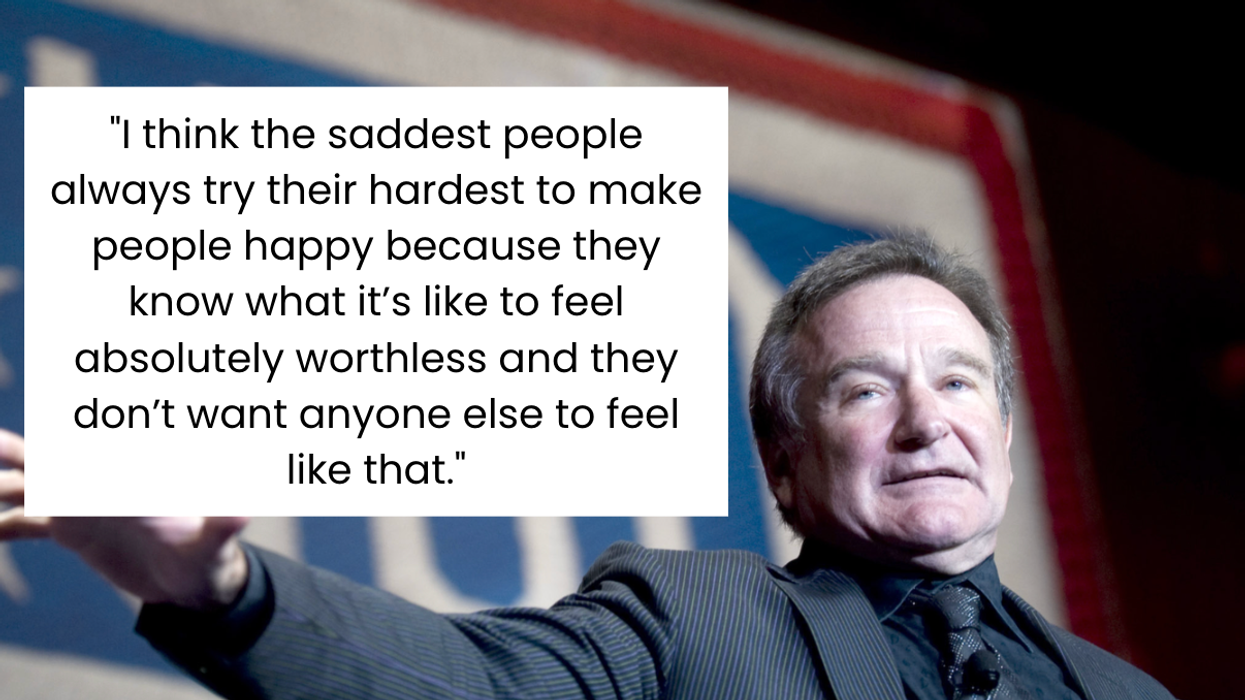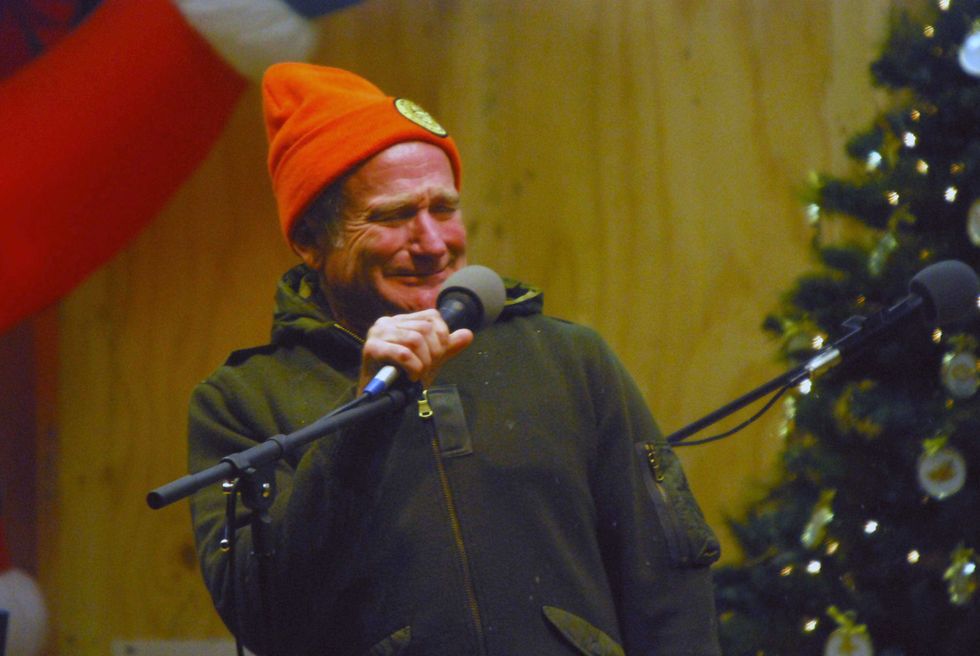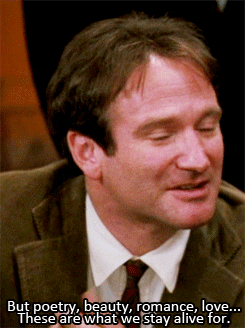This weekend saw a firestorm of controversy surrounding NFL players’ decision to kneel during the national anthem following Donald Trump’s statement during an Alabama rally, referring to “son of a bitch” demonstrating players whose actions he saw as a fireable offense. Sunday’s games saw an increased players refusing to rise for the anthem, with many more locking arms in a show of solidarity.
Those on both sides of the controversy were quick to express their opinions on the issue, and some of those critical cited NFL rules that would appear at face value to make the issue more black-and-white than ideological.
While these “rules” were mentioned in responses, no clear support or documentation to the actual NFL rules was given (although some pointed to NFL policies, which are not the same as rules), causing those who support the protesters’ rights to cry foul.
Accounting for the ethics and morality of the displays seen Sunday may prove impossible, so many embroiled in the debate sought clarity on what the NFL’s existing rules actually say on the matter. Unfortunately for those seeking a clear directive or imperative on the books, the policy is ill-defined at best. The 2017 NFL rules only make clear in Rule 4 (“Game Timing”) Section 2, Article 1:
“Both teams must be on the field to kick off at the scheduled time for the start of each half. Prior to the start of the game, both teams are required to appear on the field at least 10 minutes prior to the scheduled kickoff in order to ensure sufficient time for proper warm-up. Designated members of the officiating crew must notify both head coaches personally of the scheduled time for kickoff prior to the start of each half.”
That language is the closest the NFL comes to defining player obligations for the period of time that usually includes the performance of the national anthem.
As it pertains to discipline administered outside the scope of the existing rules, the league’s collective bargaining agreement generally forbids enforcement of policies not clearly stated in the rules.
However, The Washington Post’s Mark Maske spoke to a league representative who suggested that discipline may nonetheless be administered to protesting players.
It’s not clear how this would be possible with the scope of the rules and league’s CBA with the NFLPA so clearly defined, but SB Nation suggests language in Article 8 of the “Game Timing” rule that may allow the league to punish players conveying “personal messages” during pre-game activities.

















 Robin Williams performs for military men and women as part of a United Service Organization (USO) show on board Camp Phoenix in December 2007
Robin Williams performs for military men and women as part of a United Service Organization (USO) show on board Camp Phoenix in December 2007 Gif of Robin Williams via
Gif of Robin Williams via 
 People on a beautiful hike.Photo credit:
People on a beautiful hike.Photo credit:  A healthy senior couple.Photo credit:
A healthy senior couple.Photo credit:  A diverse group of friends together.Photo credit:
A diverse group of friends together.Photo credit:  A doctor connects with a young boy.
A doctor connects with a young boy.  Self talk in front of the mirror.Photo credit:
Self talk in front of the mirror.Photo credit:  Lightbulb of ideas.Photo credit
Lightbulb of ideas.Photo credit 

 Superstructure of the Kola Superdeep Borehole, 2007
Superstructure of the Kola Superdeep Borehole, 2007 

